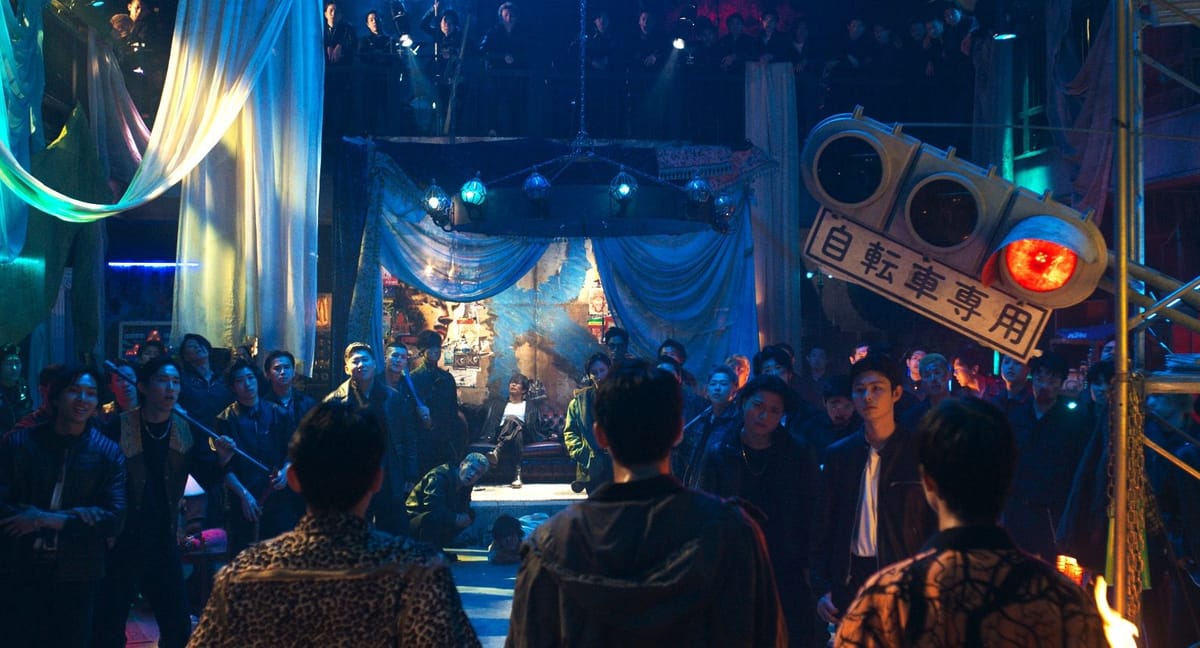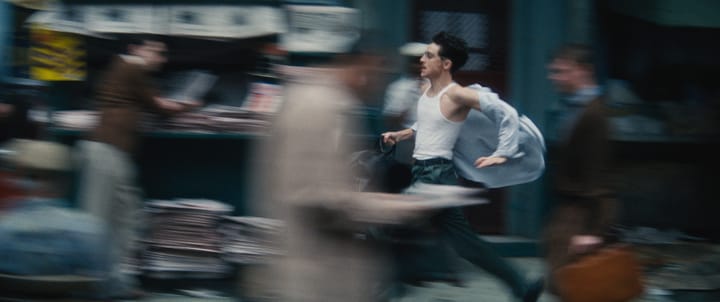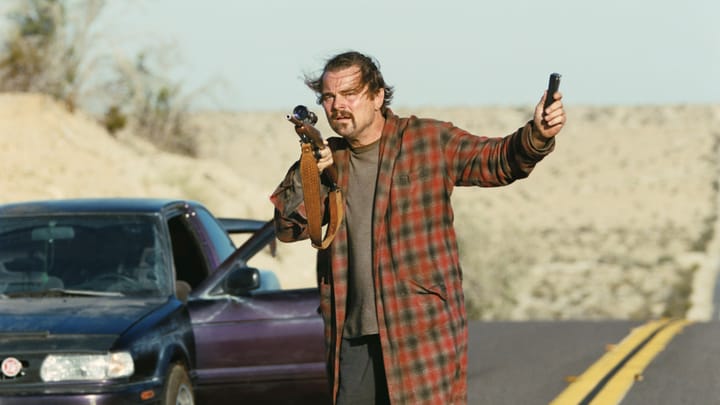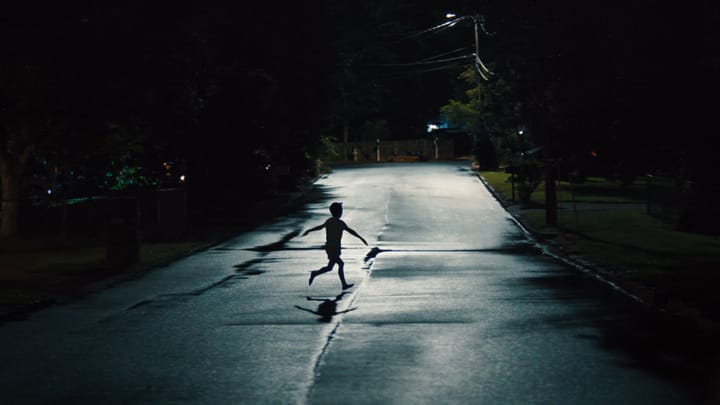Fantasia 2025: Blazing Fists: Entertaining, Insightful, and Overstuffed

With well over a hundred films under the belt, Takashi Miike can only ever be described as prolific. He’s also a master, though. His filmography is most charitably called eclectic but can more reasonably be called mixed. However, with that, masterpieces can be found and the one thing tying it all together is evident skill behind the camera. Japan's hardest working director is also one of their best.
His latest (a statement immediately out of date as of writing, I'm sure*) is a crowd-pleasing sports movie about redemption. The Miike twist, so to say, is a bit of quirkiness around the edges, some well-placed ambiguity and a real control over violent imagery. The film tugs at the heart strings, for sure, but it also goes for the throat. Ferocity is as much on show as heart, and the film is all the more effective for this.
Our tale is one of disaffected youth, two young men who meet in a juvenile detention centre and — when paroled — see their second chance as being through combat sports. These are young adults forged in violence, who have only ever succeeded through violence, and thus the sport of fighting becomes a logical outlet. It gives purpose to their skills, it provides a place to channel their aggression and it allows them to succeed in a life that seemed stacked against them.
This being the arc, there are fight scenes a plenty. A brutal prison skirmish opens things up, smartly directed in a way that differentiates the violence here from the controlled violence of the ring. Though, there are moments where Miike's hand cleverly lets this ferality leak through, storytelling and character building through choreography. In general, the fights are superbly blocked. The sound design is also very strong: the sound of a punch just swinging past the head is used to great effect and really immerses the viewer in the melee. The aforementioned balance between combat as sport and combat as pure violence compels throughout, functioning as a kind of dialectic. Though, coverage of the fights isn’t always great. The camera doesn’t quite feel in the right place, or like it moves the right way.
Really, the focus is narrative. And there’s a lot of it. Our two leads are connected in a way that harbours a secret that could test them apart; in the outside world are gangs with grudges and dynamics that go back to high school; the father of one of our leads is in jail and is trying to prove his innocence. It's a lot of narrative weight attached to the already quite full plot template of the sports movie. It rushes though it all in two hours, in entertaining if scattershot fashion. This comes at the expense of some deeper resonance or the film having a better grasp on its ideas.
There are ideas here, though, and they do compel. The film works best as a wide reaching work about the justice system. The case involving the father is textually about the disproportionately high conviction rate in Japan, and this part of the film is therefore well accompanied by our leads seeking justice through the ring. It all becomes part of a wider conversation on how justice is like a game and the film breaking into moments where acts of brutal violence enact change bends back into effective criticism on the justice system as a whole. This element is really strong and can be richly analysed. Alas, too much of the film is pushed in other directions and there's an overall lack of clarity.

*Editor's note: Miike's new thriller Sham also screened at Fantasia this year.




Comments ()